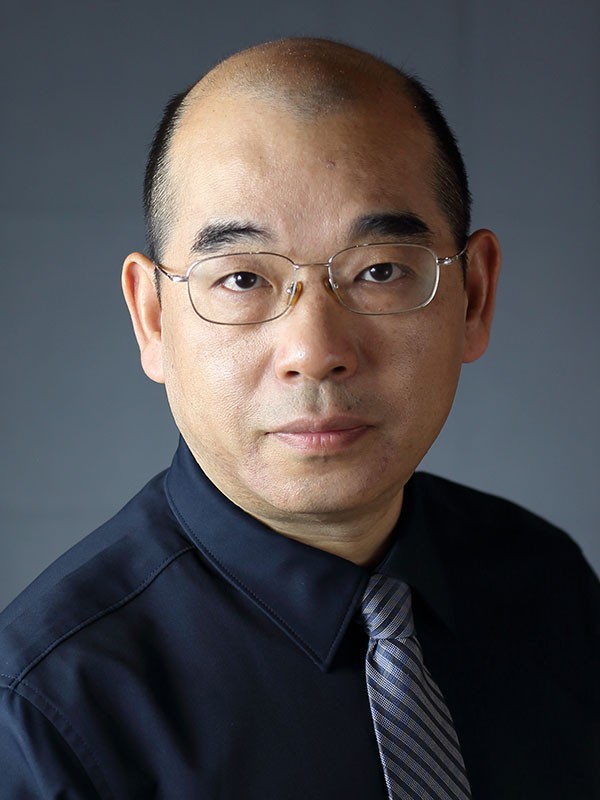Nutrition professor wins $3.5M award from NIH
By Krishna Ramanujan
Shu-Bing Qian, a professor of molecular nutrition whose work explores how genetic information gets translated in order to make proteins in cells, has won a National Institutes of Health Director’s Pioneer Award. The NIH announced the five-year, $3.5 million award Oct. 6.
Qian received one of 10 Pioneer Awards issued this year as part of the NIH’s High-Risk, High-Reward Research program, which supports exceptionally creative investigators who propose innovative, high-impact projects.
Qian, the James Jamison Professor of Nutrition in the Division of Nutritional Sciences, which is a joint unit in the College of Human Ecology and the College of Agriculture and Life Sciences, will use the funds to explore new research that, if successful, could lead to the discovery of genetic circuits that could compensate for genes that have lost function. Such a breakthrough could be applied to treatments for a wide variety of diseases, such as cancer.
“The award is for high-risk, high-reward research,” Qian said, “so that can allow me to explore some uncharted areas with fundamental importance.”
Under normal circumstances, DNA in a cell’s nucleus is transcribed to messenger RNA (mRNA), which is then exported outside of the nucleus into the cytosol. There, protein-generating machinery called a ribosome binds to mRNA, decodes the genetic information, and translates it into proteins.
When genes are damaged or mutated, faulty mRNA cannot be read correctly by the ribosomes, which leaves mRNA fragments behind. Scientists have speculated that these mRNA fragments transfer back into the nucleus, where they alert genes that have similar functions as the faulty gene. These neighboring genes can, at times, compensate for the loss of function.
“The nucleus somehow knows exactly what’s going on outside, but the circuit is unclear,” Qian said, noting an mRNA signal from small fragments would be very specific because they would match the sequence of the gene they coded.
Qian said that while it is still a hypothesis, if he proves and understands how mRNA fragments act as genetic circuit signals, scientists might be able to design a sequence that can be delivered into the nucleus to activate a gene to circumvent a faulty one.
The mRNA fragments that are suspected to act as signals in the nucleus are quite small and hard to detect, but Qian’s lab team has developed a technology that appears capable of the task. They have dubbed it “easy ribosome-associated sequencing” or EZRA-seq, after the university’s co-founder. It would allow scientists to detect the small amount of mRNA fragments in the nucleus that originated from the cytosol .
“The approach is very simple, super-fast, and highly sensitive,” Qian said of the tool, originally developed for a different purpose. “It may allow us to understand how genes rapidly adapt” when one is faulty, he said, which would be an important step toward developing genetic reprogramming, the ultimate goal of the project.
“Shu-Bing’s work is innovative and exciting, and it is great to see him recognized with the NIH Director Pioneer’s Award,” said Pat Cassano, director of the Division of Nutritional Sciences.
The NIH Director’s Pioneer awards program accelerates scientific discovery by supporting high-risk research proposals that may not fare well in the traditional peer-review process, despite their potential to advance the field.
Media Contact
Get Cornell news delivered right to your inbox.
Subscribe

